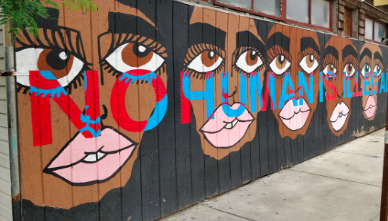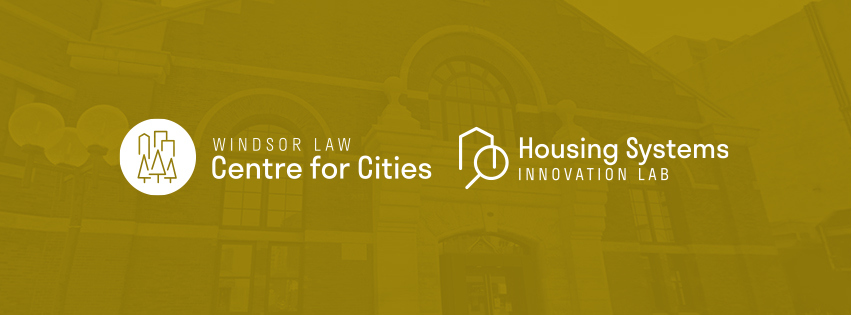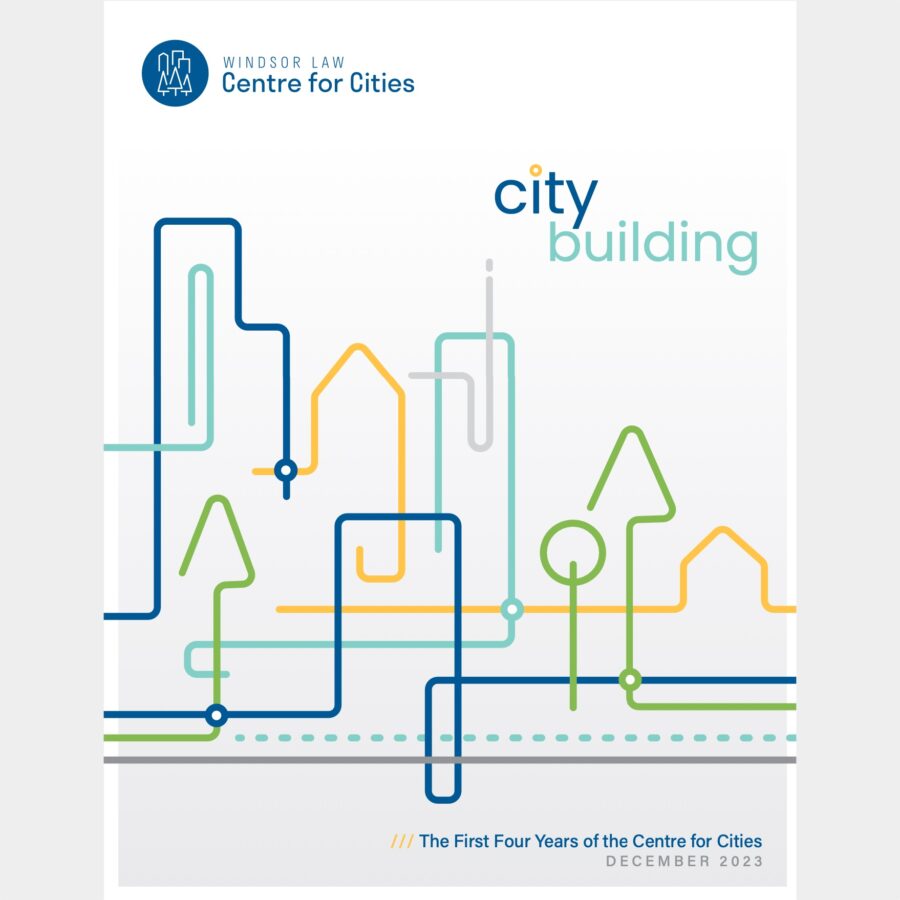
Access Without Fear in a Borderland – Implications for Frontline Service Workers in Windsor, Ontario
(6 August 2020) By Gemma Smyth (Associate Professor, Windsor Law) and Zara Rhonda Mercer (3L student, Windsor Law)
In 2019, a group of researchers and students at the Faculty of Law, University of Windsor began investigating the feasibility of adopting municipal “access without fear” (AWF) policies in Windsor, Ontario. AWF can take many forms depending on the municipality or agency adopting this policy. Typically, AWF means that there is no requirement that a client present immigration documents to receive service. It also means not reporting people without status to police or border services. Cities across Canada have adopted these policies (examples include London, Ontario; Hamilton, Ontario; Ajax, Ontario; Vancouver, British Columbia; and Edmonton, Alberta), and the idea is currently being investigated in Windsor.
Interviews were completed with frontline service workers in non-profit and other service agencies in Windsor to better understand their views regarding a possible AWF policy. We reached out to frontline service workers working in the non-profit and government sectors, including Shelter, Settlement, Youth, Legal Services, Employment, Healthcare, Transportation, Education, Housing and City services. Twenty-nine participants from 24 local organisations agreed to answer qualitative questions, first online and then in person. Participation was voluntary. we received outright refusal to participate from certain sectors. Many participants provided useful feedback about the challenges they face and their recommendations to better serve persons without status. Participants were asked about their personal attitudes and perceptions towards persons without status, eligibility requirements preventing people without status from accessing their services, and their policy recommendations.
In the vast majority of cases, they are “finding a way to make it work” despite challenges with funding and policy support. As we discovered during these interviews, there is significant support from frontline service workers for an AWF policy to protect both their own wellbeing and the wellbeing of their clients. We also heard that a meaningful AWF policy will require concrete supports and action. A summary of the findings and recommendations are contained here, and a longer paper is forthcoming. Below are some of the highlights of this study.

While immigration status is often taken for granted, there are many within the Windsor-Essex region living with precarious or non-existent immigration status – including many migrant agricultural workers. Most people enter Canada with immigration status of some sort (i.e. a work or study visa) and may lose it or their status may lapse. Lack of documentation can have devastating effects. We know that persons without status often do not feel comfortable contacting police (including in situations of domestic violence) and have trouble accessing health care and education. It is common to be asked for documentation for everything from getting a library card to signing up for elementary or high school to receiving health care to accessing a food bank or shelter.
Access without fear or sanctuary policies are one possible response to help ensure people without status seek help when they need it and receive vital and life-saving services. However, sanctuary or access policies can also result in little to no meaningful action depending on the policy’s design and implementation. We therefore investigated what a meaningful access policy might look like from the viewpoint of those who interact most often with persons without status – frontline service workers.

Frontline service workers reported that they want to be free to do their jobs by serving people in need without worrying about their clients’ immigration status. Eligibility requirements often bar persons without status from receiving services. Nonetheless, frontline service workers are trying to find creative ways to still serve clients – sometimes at significant costs to themselves. When they are unable to help clients, many reported feeling powerless, which impacts their job satisfaction and the wellbeing of their clients. Frontline service workers noted that accessibility can be improved by extending office hours, having interpretation services readily available, and being accessibly located. Keeping client information confidential was also noted as very important, as was a “don’t ask, don’t tell” or “AWF” approach in which clients are not required to give immigration documentation to receive services, or at minimum can be assured that immigration status will not be disclosed (e.g. Association of Ontario Midwives’ approach here). Respondents reported challenges supporting their clients who need education for their children, despite clear guidelines in the Education Act. Respondents were also interested in furthering their own education regarding immigration status, including having more information about the refugee claims process. Perhaps most powerfully, respondents noted the importance of building trust with persons without status, which included gaining cultural competence and anti-racism training.
Some eligibility requirements surrounding persons without status are within agencies’ control and some are not. Provincial and federally funded programs also must grapple with how to serve persons without status to ensure a fulsome continuum of service. In the interim, as policy leaders who most closely interact with people in their communities, municipalities are taking up this work across Canada. Cities are uniquely positioned to respond to the immediate needs of persons without status, creating access to basic services without fear of discrimination, criminalization or deportation. Cities can recognize the limitations of federal immigration laws and respond to these challenges by prioritizing the human rights and dignity of their residents when other levels of government are unable or unwilling to do so. Front-line workers are a key aspect of this work. While access policies can benefit persons without status and those with precarious immigration status, it was clear from our research that they can also benefit those working with this community.
Opinions expressed in blog posts are those of the author(s).



